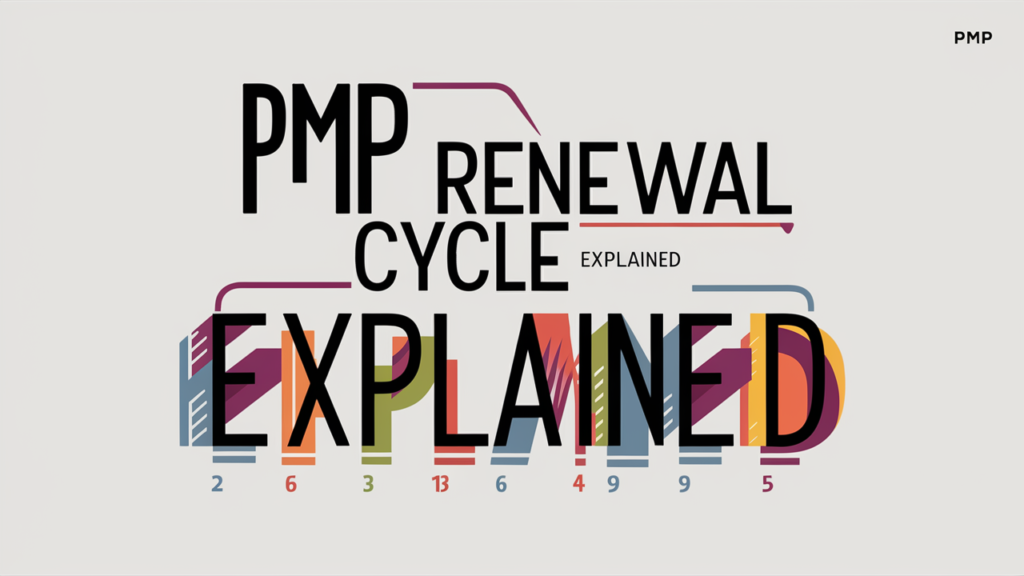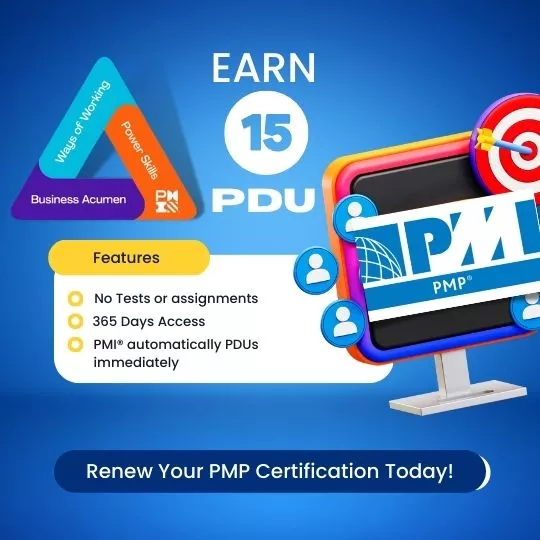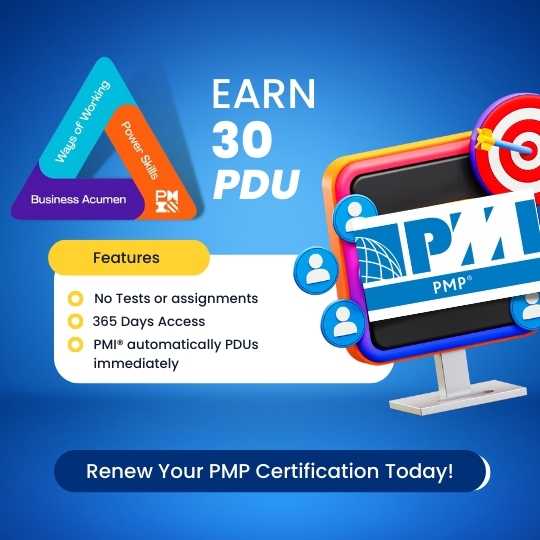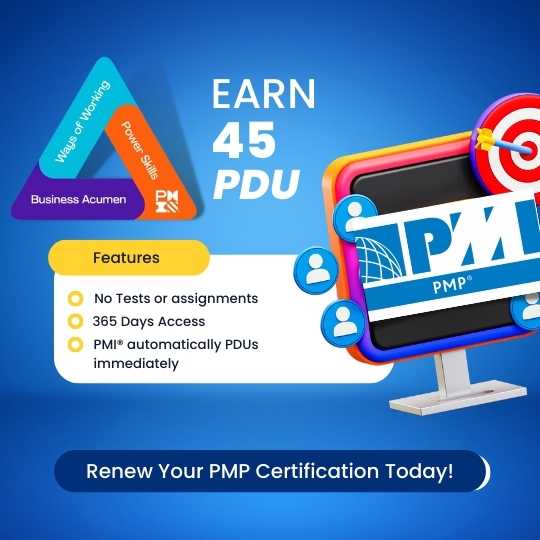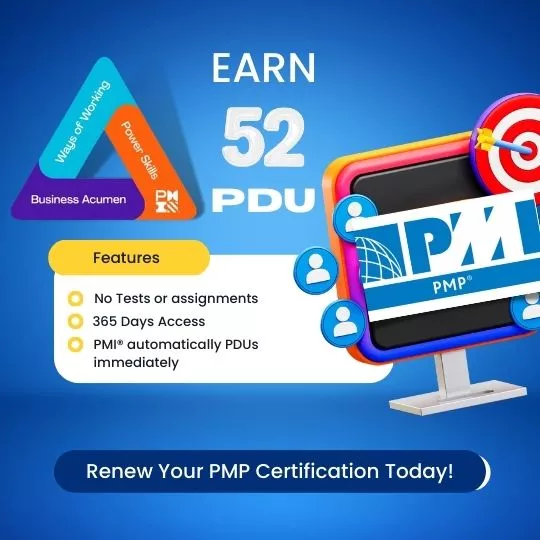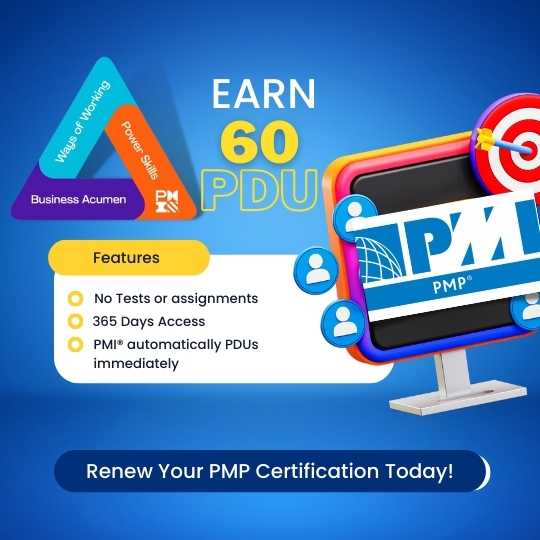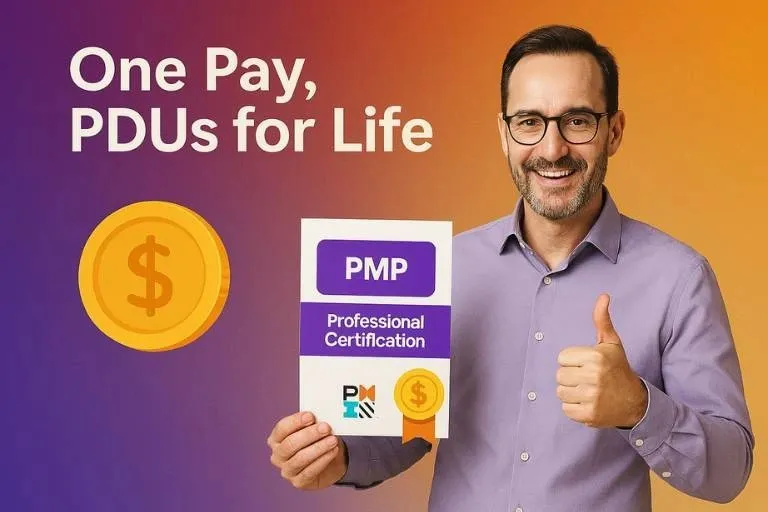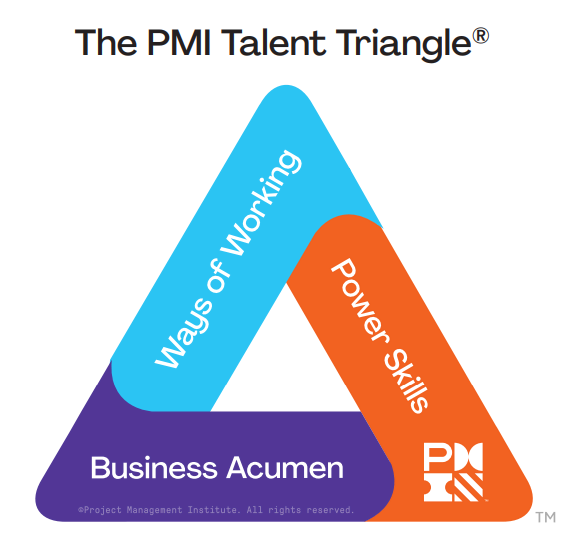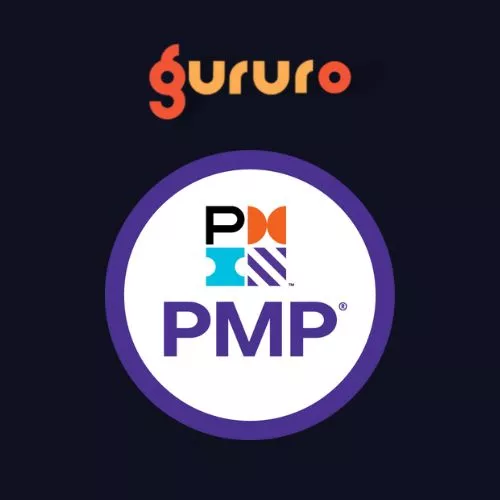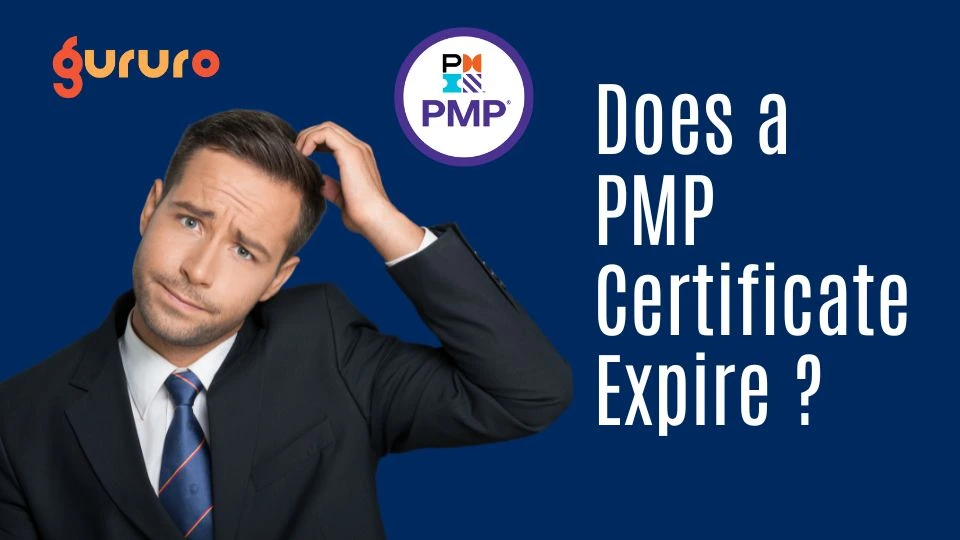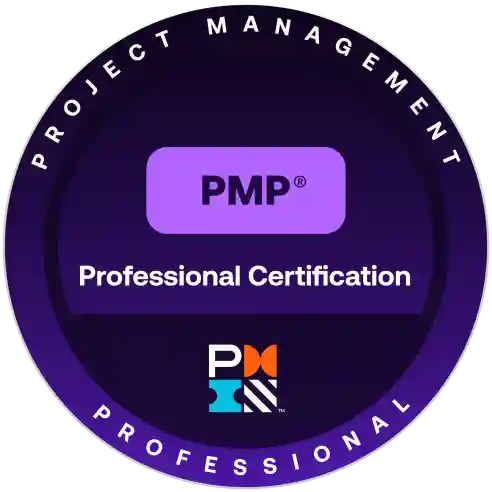The PMP certification is a significant milestone for project managers, but keeping it active requires more than just passing the exam. Every three years, you must renew your PMP certification to maintain your status and continue showcasing your expertise. Failing to track your PMP renewal cycle can result in suspension or even the expiration of your hard-earned certification.
In this guide, we’ll break down everything you need to know about the PMP renewal cycle, including how to stay on top of key deadlines and ensure you complete the process on time. Whether you’re worried about collecting your required PDUs or understanding the renewal fees, we’ve got you covered.
Looking for a simple and efficient way to earn your PDUs? Check out Gururo’s 60 PDU PMP Renewal Course Bundle designed to help you renew your certification without hassle.
What Is the PMP Renewal Cycle?
The PMP Renewal Cycle is the timeframe within which PMP certification holders must renew their credentials to maintain their certification status. The cycle spans three years from the date of earning your PMP, during which you are required to earn and report 60 Professional Development Units (PDUs) to demonstrate your ongoing commitment to the project management profession.
Here’s how it works:
- Once you pass the PMP exam and become certified, your renewal cycle begins immediately.
- You have exactly three years to earn the necessary PDUs to renew your certification.
- If you fail to renew within this period, you will enter a one-year suspension period, where your certification is temporarily inactive. However, you can still earn PDUs during this suspension period to renew your certification.
- If you do not meet the renewal requirements within the suspension period, your PMP certification will expire, and you will need to retake the PMP exam to regain your certification.
Renewing your PMP on time ensures you remain in good standing and continue to enjoy the benefits of holding this globally recognized credential. If you’re looking for a convenient way to earn PDUs, check out Gururo’s PMP Renewal Program, which offers a streamlined way to complete your renewal requirements.
Let’s use an example to illustrate the PMP Renewal Cycle:
Event | Date | Details |
PMP Certification Date | January 1, 2021 | The date you passed the PMP exam and received your certification. This marks the start of your 3-year renewal cycle. |
PMP Renewal Deadline | December 31, 2023 | The last date to earn and submit 60 PDUs for renewal to avoid suspension. |
Suspension Period Start | January 1, 2024 | If PDUs are not submitted by December 31, 2023, your certification enters a suspension period (inactive status). |
Suspension Period End | December 31, 2024 | The final deadline to earn and submit 60 PDUs to renew during the suspension period. |
Expiration Date | January 1, 2025 | If you don’t renew by the end of the suspension period, your PMP certification will expire, requiring re-examination. |
To avoid this hassle, it’s recommended to start planning your PDU activities well in advance. A great way to meet your PDU requirements is by enrolling in Gururo’s 60 PDU PMP Renewal Course Bundle, ensuring that you stay on top of your renewal deadlines without stress.
Can I renew my PMP early?
Yes, you can renew your PMP certification early. PMI allows PMP holders to start the renewal process as soon as they have accumulated the required 60 PDUs within their 3-year certification cycle. Here’s what you should know about renewing early:
- Eligibility to Renew: You can renew your PMP certification anytime within your current 3-year cycle once you’ve earned the 60 PDUs needed for renewal.
- No Impact on Your Next Renewal Cycle: If you renew early, your next 3-year renewal cycle still starts from the original expiration date. For example, if your PMP certification is due to expire on December 31, 2023, and you renew in June 2023, your next cycle will still begin on January 1, 2024, and end on December 31, 2026.
- PDU Carryover: PMI allows you to carry over up to 20 excess PDUs from the current cycle into your next cycle if you’ve earned more than the required 60 PDUs.
Renewing early is a great strategy to avoid any last-minute rush, and it ensures you maintain your PMP certification without risking suspension or expiry. You can easily earn your required PDUs by enrolling in Gururo’s 60 PDU PMP Renewal Course Bundle to stay ahead of the renewal timeline.
Why Is It Important to Track Your PMP Renewal Cycle?
Tracking your PMP renewal cycle is crucial to maintaining your certification. Missing deadlines can lead to:
- Suspension: Failing to renew within 3 years results in a 1-year suspension, where your certification becomes inactive.
- Expiration: If not renewed by the end of the suspension, your PMP certification expires, and you’ll need to retake the exam.
- Career Impact: An expired or suspended certification can hurt your job prospects and credibility.
- Financial Cost: Letting your certification expire means retaking the costly PMP exam.
- Continuous Growth: Regularly earning PDUs, such as through Gururo’s 60 PDU PMP Renewal Course Bundle, keeps your skills sharp and certification active.
Key Steps to Renew Your PMP Certification on Time
Here’s a step-by-step breakdown of how to renew your PMP certification and ensure you stay certified:
- Track Your Renewal Deadline
- Know your certification’s expiration date and start planning at least 6 months in advance.
- Earn 60 PDUs
- Complete 60 Professional Development Units (PDUs) within your 3-year certification cycle. PDUs can be earned through:
- Education: Training, webinars, or courses (e.g., Gururo’s 60 PDU PMP Renewal Course Bundle).
- Giving Back: Volunteering, mentoring, or sharing knowledge.
- Complete 60 Professional Development Units (PDUs) within your 3-year certification cycle. PDUs can be earned through:
- Submit PDUs to PMI
- Log in to PMI’s Continuing Certification Requirements System (CCRS) and submit your PDUs for approval.
- Pay the Renewal Fee
- Pay the renewal fee: $60 for PMI members, $150 for non-members.
- Receive Renewal Confirmation
- After payment and PDU approval, you’ll receive confirmation from PMI that your certification is renewed.
- Plan for the Next Cycle
- Start planning your next cycle by tracking your PDUs and deadlines early, ensuring continuous certification.
For a more detailed guide on the renewal process, check out this 10 Steps to Renew PMP Certification blog. It walks you through everything you need to know about keeping your PMP certification up to date.
Conclusion: PMP Renewal Cycle Explained
Renewing your PMP certification on time is essential to maintaining your professional credibility and ensuring you stay competitive in the project management field. By tracking your renewal deadlines, earning the required PDUs, and paying the appropriate fees, you can avoid the risk of suspension or expiration.
Planning your renewal early and using resources like Gururo’s 60 PDU PMP Renewal Course Bundle will help you stay on top of the process without stress. Remember, staying proactive ensures your PMP certification remains a valuable asset to your career.

